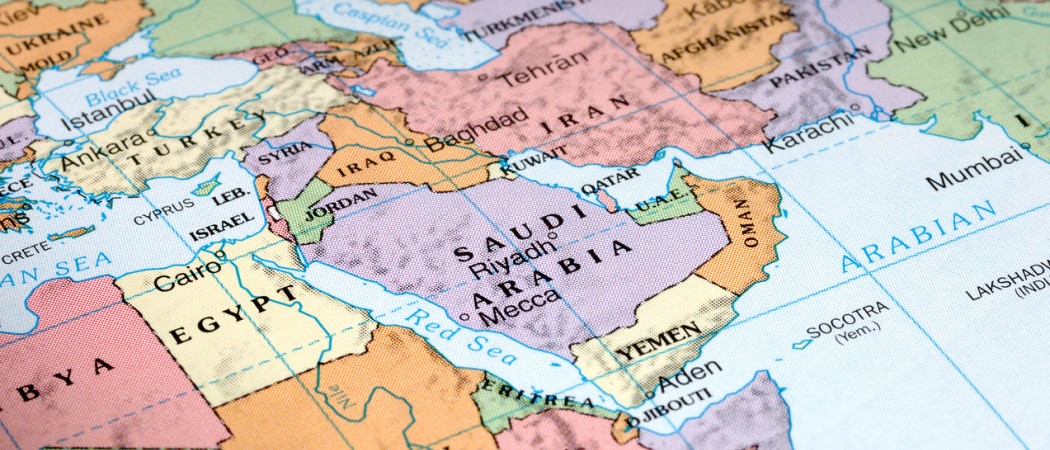

The ongoing conflict in the Middle East has escalated sharply as Israel intensified its military operations against Hezbollah, launching airstrikes that began on September 23, 2024. These attacks have resulted in over 550 fatalities and approximately 1,850 injuries in Lebanon, leading to a mass exodus of thousands from Southern Lebanon [84f3abb0]. Analysts are increasingly warning that this escalation could lead to a wider conflict, potentially spiking oil prices and reigniting inflation in the U.S., which would impact the cost of essential goods [84f3abb0].
On September 24, 2024, oil prices surged by 1.5%, contributing to an overall increase of more than 8% in the past two weeks as traders reacted to the escalating violence [84f3abb0]. The World Bank has indicated that such disruptions could lead to price increases ranging from 3-13% for minor disruptions and up to 56-75% for more significant ones [84f3abb0].
In 2023, the U.S. achieved a record oil production level of 12.9 million barrels per day, which may help cushion some of the economic impacts from rising oil prices. However, experts caution that if Iran, a major oil producer, becomes involved in the conflict, it could severely disrupt global oil supply, particularly through the Strait of Hormuz, a critical shipping route that facilitates about 15% of the world's oil transport [84f3abb0].
The global economy is already underperforming due to tight monetary policies, weaker global trade, and a slowing Chinese economy. The escalation of the Middle East conflict could exacerbate these issues, increasing uncertainties and harming inflation reduction efforts [161eba26]. Following the Hamas-led attack on Israel on October 7, 2023, geopolitical risk indices surged, indicating heightened risks that could further raise oil prices and reduce global investment [161eba26].
Oil prices jumped nearly $10 per barrel after Israel's attack on Lebanon in September 2024, and a similar increase in oil prices could raise inflation by 0.7 percentage points in major economies [161eba26]. Additionally, shipping costs have risen dramatically, impacting global trade and potentially raising import prices by 1% and consumer inflation by 0.5% in OECD countries [161eba26]. Countries with strong ties to the Middle East and those reliant on oil imports would be most affected. Central banks may adopt a hawkish stance, raising interest rates and dampening economic activity, while potential refugee crises and increased military spending could further complicate economic recovery [161eba26]. As the situation continues to evolve, the combination of escalating violence in the Middle East and its implications for oil supply and prices presents a precarious scenario for global energy markets. Investors are closely monitoring developments, as any significant escalation could lead to substantial price spikes and further economic instability [84f3abb0].